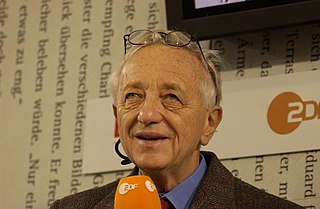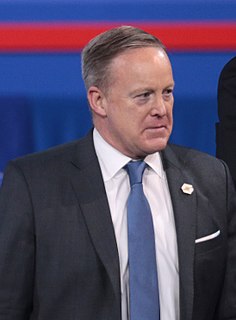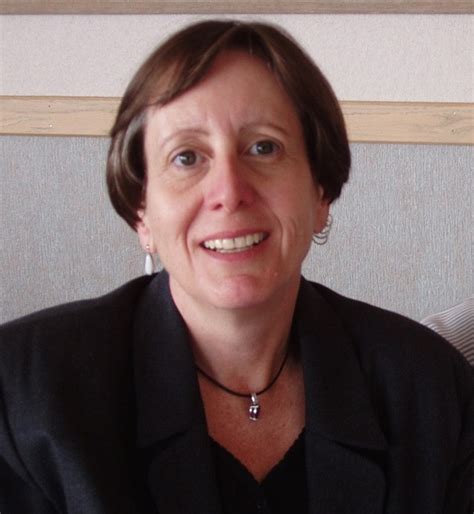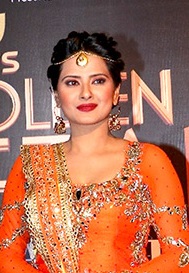A Quote by James Gunn
Most of the complexity of the stories has developed as the stories came along (and may be a product of the principle that "nothing is what it seems"). I did start with some essential ambiguousness in the aliens' motivation and the questions this raises in human minds, which I consider to have been disregarded in Contact (novel and film). That, in part, may be what has delayed the writing of the fifth and sixth novelettes in the series.
Related Quotes
I think most people aren't really privy to how stories are developed and what stories are - make it to the front page or to the mainstream media, whether it's in print or in broadcast. And I think they'd be shocked and disappointed to see some of the bias that exists in some of the stories that don't get told - or the manner in which they are told.
So I found myself telling my own stories. It was strange: as I did it I realised how much we get shaped by our stories. It's like the stories of our lives make us the people we are. If someone had no stories, they wouldn't be human, wouldn't exist. And if my stories had been different I wouldn't be the person I am.
My real purpose in telling middle-school students stories was to practice telling stories. And I practiced on the greatest model of storytelling we've got, which is "The Iliad" and "The Odyssey." I told those stories many, many times. And the way I would justify it to the head teacher if he came in or to any parents who complained was, look, I'm telling these great stories because they're part of our cultural heritage. I did believe that.
I'm one of those writers who started off writing novels and came to writing short stories later, partly because I didn't have the right ideas, partly because I think that short stories are more difficult. I think learning to write short stories also made me attracted toward a paring down of the novel form.
If the world is an objective reality that exists independently of us, then humans themselves, even in their own eyes, are nothing more than objects, and their life stories merely a series of disconnected historical accidents, which they may wonder at, but which they themselves have nothing to do with.
I love short stories - reading and writing them. The best short stories distill all the potency of a novel into a small but heady draught. They are perfect reading material for the bus or train or for a lunchtime break. Everything extraneous has been strained off by the author. The best short stories pack the heft of any novel, yet resonate like poetry.
have a much harder time writing stories than novels. I need the expansiveness of a novel and the propulsive energy it provides. When I think about scene - and when I teach scene writing - I'm thinking about questions. What questions are raised by a scene? What questions are answered? What questions persist from scene to scene to scene?
We have been telling and hearing and reading war stories for millennia. Their endurance may lie in their impossibility; they can never be complete, for the tensions and the contradictions within them will never be eliminated or resolved. That challenge is essential to their power and their attraction. War stories matter.
I write short stories. They may appear big in size, but when you consider it, they're four or five novels in one... In return for picking up one of my books, I'm trying to give them value for their money... the goal of writing any book is to create the illusion that what you are reading is reality and you're part of it.






































